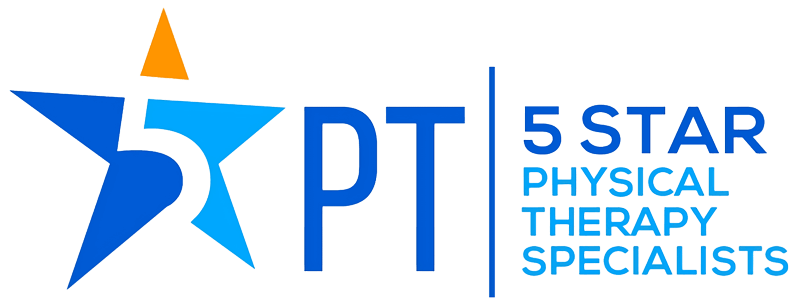
Yes and no. In Michigan, physical therapists are allowed to provide evaluation and treatment for 10 sessions or up to 21 days, whichever occurs first. This is a limited version of “Direct Access”. Most insurance carriers still require a physician prescription in order to cover physical therapy services. You should check with your insurance provider for specifics. Cash payment is an option for the first 10 visits or 21 days for evaluation and treatment.
You will have some paperwork to fill out, if you have not already done so by downloading the forms from the website. This usually takes about 10 minutes or less. The physical therapy evaluation is typically about 45-60 minutes and you will receive treatment on your first visit. It will be beneficial to wear comfortable clothing as movement, stretching, and exercise may be performed. Our examination and treatment procedures often include manual procedures or “hands on” examination and treatment. You will generally receive movement education, home exercise, and diagnosis specific information for proper management of your condition at the conclusion of your first visit.
It is not our goal to create more pain and soreness for our patients. In order to accurately diagnose and treat many conditions we perform movement analysis, palpate muscles and soft tissues, instruct exercises, and perform manual therapy intervention. Soreness after this type of treatment is reasonably common. It can take a few sessions to get used to new movements and pressures. You may feel excellent after your first session also. This varies significantly from person to person. Our philosophy is to use the minimal therapeutic dose of exercise and manual therapy to address your primary issues. This has generally resulted in very good outcomes without significant complaints of pain or soreness.
This is a specialty certification that physical therapists can obtain that requires about two years of additional training beyond entry level physical therapy education. This training is intense and offers the physical therapists who go through the program an opportunity to further develop advanced skills in order to accurately diagnose and treat a variety orthopedic conditions. The emphasis of OMPT training is to develop advanced diagnostic skills and manual therapy treatment to effectively and efficiently address the source of the orthopedic pathology including extremity and spinal conditions that vary from simple to complex. When we are able to accurately diagnose the problem and provide specific interventions, this can lead to a more successful experience in physical therapy. We want to restore your function and reduce your pain with fewer treatment sessions and less out of pocket cost for you and less expense for any third party payer.
We are an outpatient physical therapy practice and treat many conditions. The list provided is not all inclusive but is meant to be a guide to provide assistance if you happen to be doing some research on where to go for certain conditions.
Head/Neck: neck pain, headaches, temporomandibular dysfunction (jaw problems), whiplash, post-surgical conditions (fusions), disc herniations, arthritis, dizziness, facial pain.
Shoulder: muscle strains, sprains, subluxations/dislocations, rotator cuff tears, post surgical conditions (rotator cuff repair, ac joint procedures, labral repair), adhesive capsulitis (frozen shoulder), arthritis.
Elbow/hand/wrist: epicondylitis, carpal tunnel syndrome, stiffness after casting from fractures, arthritis, post surgical conditions.
Mid and low back: back pain, rib dysfunctions, degenerative disc disease, arthritis, disc herniations, thoracic or lumbar nerve problems (radiculopathy), postural issues, compression fractures, sciatica, SI joint problems.
Hip/knee: arthritis, joint replacements, labral tears and post surgical care, piriformis syndrome, muscle strains or tears, knee sprains, knee surgeries (ACL repairs, meniscus procedures).
Foot/ankle: sprains, post surgical conditions (achilles repair, bunionectomy), stiffness after casting from fractures, posterior tibialis tendon dysfunction (PTTD), plantar fasciitis.